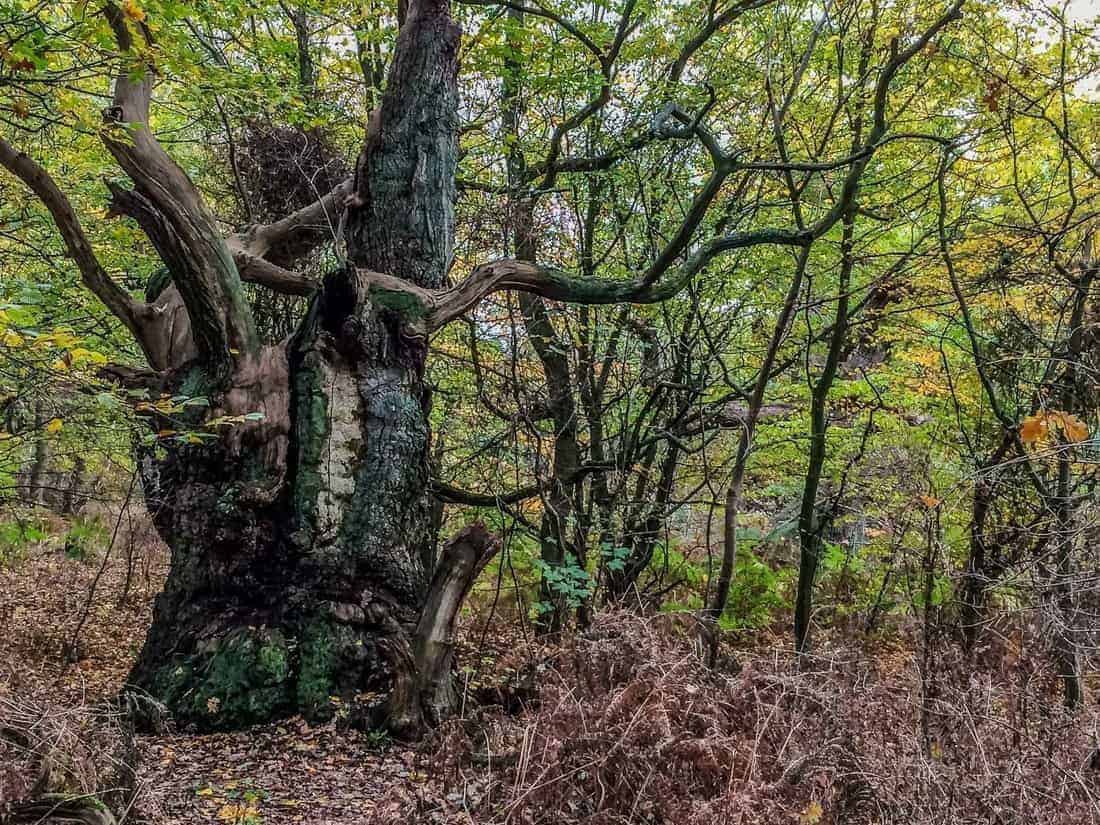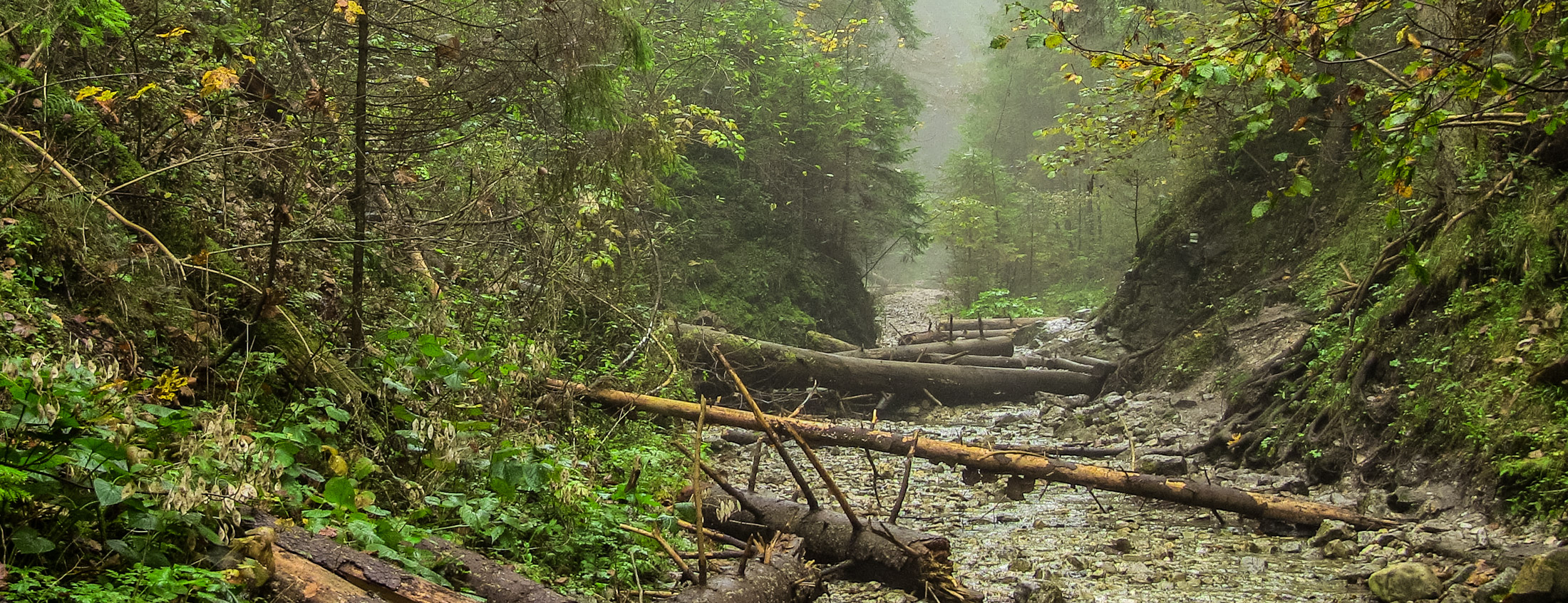Fish & Chips: Brexit initiatives for marine conservation
The whole world has been caught up in watching the political disaster of Brexit, wondering if the UK will leave the EU, and if there will be a deal. Meanwhile, in the Maritime Affairs Department at the European Commission, scientists have been developing a revolutionary plan to keep UK marine wildlife out of EU territorial waters. The fight over the fishing rights has been ongoing for several years already, as can be seen in the news video below.
Please also read: Genetic modifications of wolves key to reducing livestock depredation
Fish & Chips
This idea has been named ‘Fish & Chips’, and quickly went through motions to integrate into the Marine Strategy Framework Directive. But what is this initiative? Simply put, there will be a Geofence barrier in the Channel Sea between Britain and France. All English marine wildlife larger than 1.5kg, or 15cm, will be tagged with a small NFC (Near Field Communication) based chip. Every fish must be scanned immediately upon being fished by a trawler or local fisherman on either side of the channel. The NFC chip is then crosschecked with a new central database, which will classify the fish as either belonging to the EU or to the United Kingdom. A clearing mechanism will then split the value of the catches between the two trading blocks.
How will the fish be chipped?
The fish will ingest the NFC chips through a specially designed food source, which is a blend of macronutrients, nutritional yeast, and electrons. The European Commission has loaned the English coastguard a fleet of drones, which will distribute the chipped fish food in huge swathes across the Channel Sea.
The chips have been developed to be biodegradable, thus there is no risk to human health during consumption of the fish. Scientists have written a comprehensive report, assuring the public that the chips will biodegrade. Furthermore, they highlight that this initiative will not influence supply and demand of fish and chips, which is an important part of English gastronomical heritage.
In the midst of all the current political drama around Brexit, it is perhaps reassuring to know that as policy surges forward, the fish are not forgotten. We expect similar revolutionary policies to be released soon for bird populations which migrate from the UK to the EU and vice versa.
Ornithologists are interested too?
Leading ornithology society are already inquiring if such a technology could also be used to differentiate between birds from the United Kingdom and the European Union.









